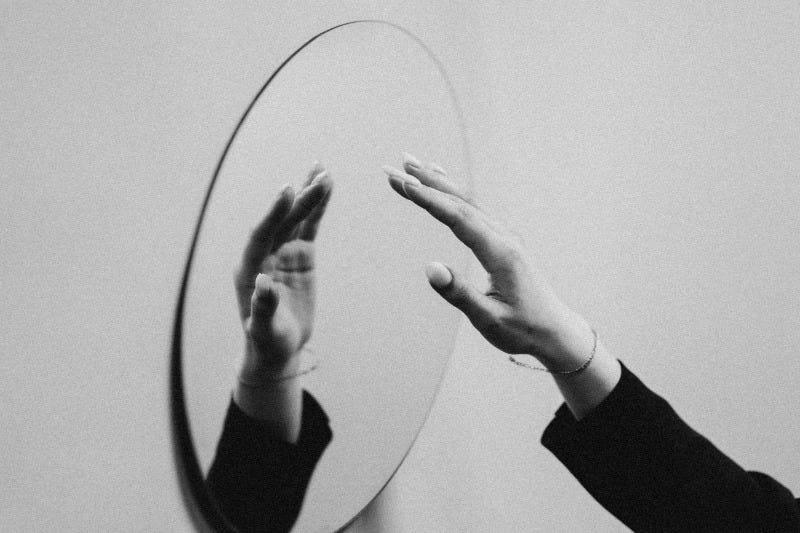Confessions of a personality test addict
We're craving an oversimplified understanding of ourselves and others
Anyone who’s ever met me anywhere will know that I love to talk about personality tests. I find it a fun conversation to have with new people and old friends alike. When quizzing someone that I met last week on what personality types they slotted into, they told me that talking to me felt like being in counselling. I took that as a compliment.
My favour…



